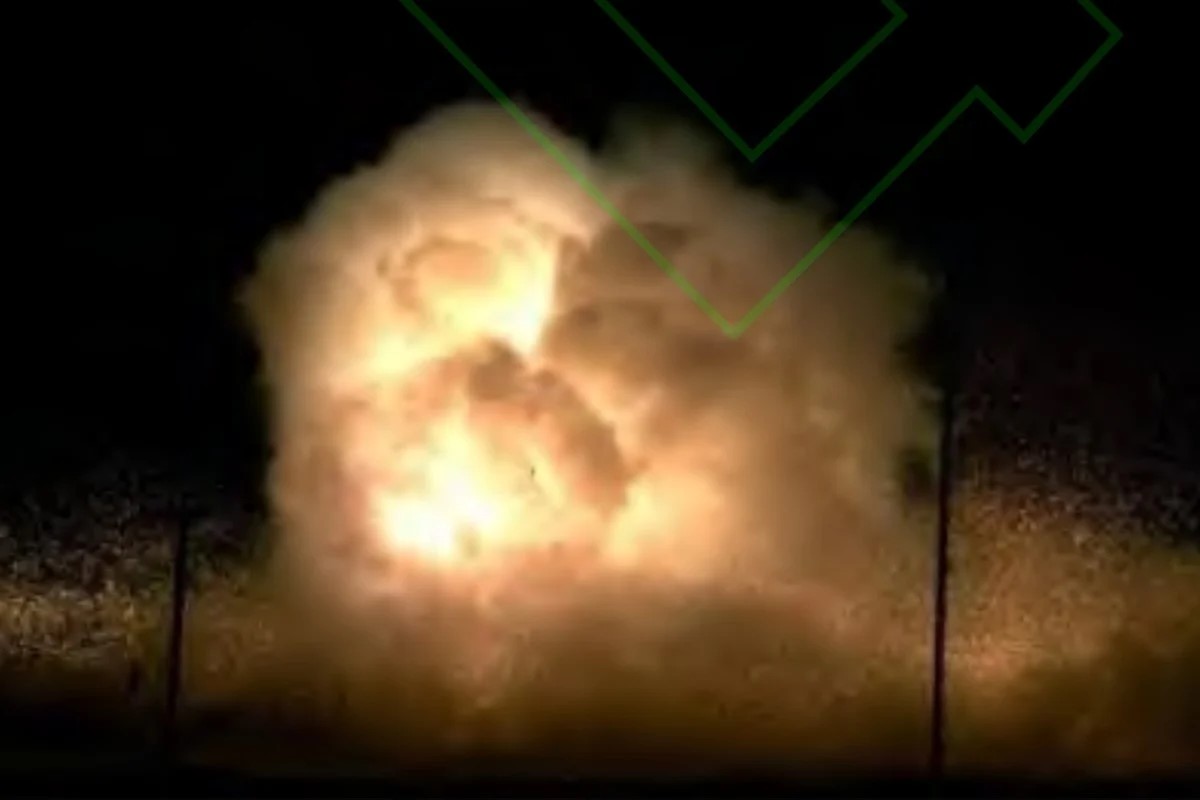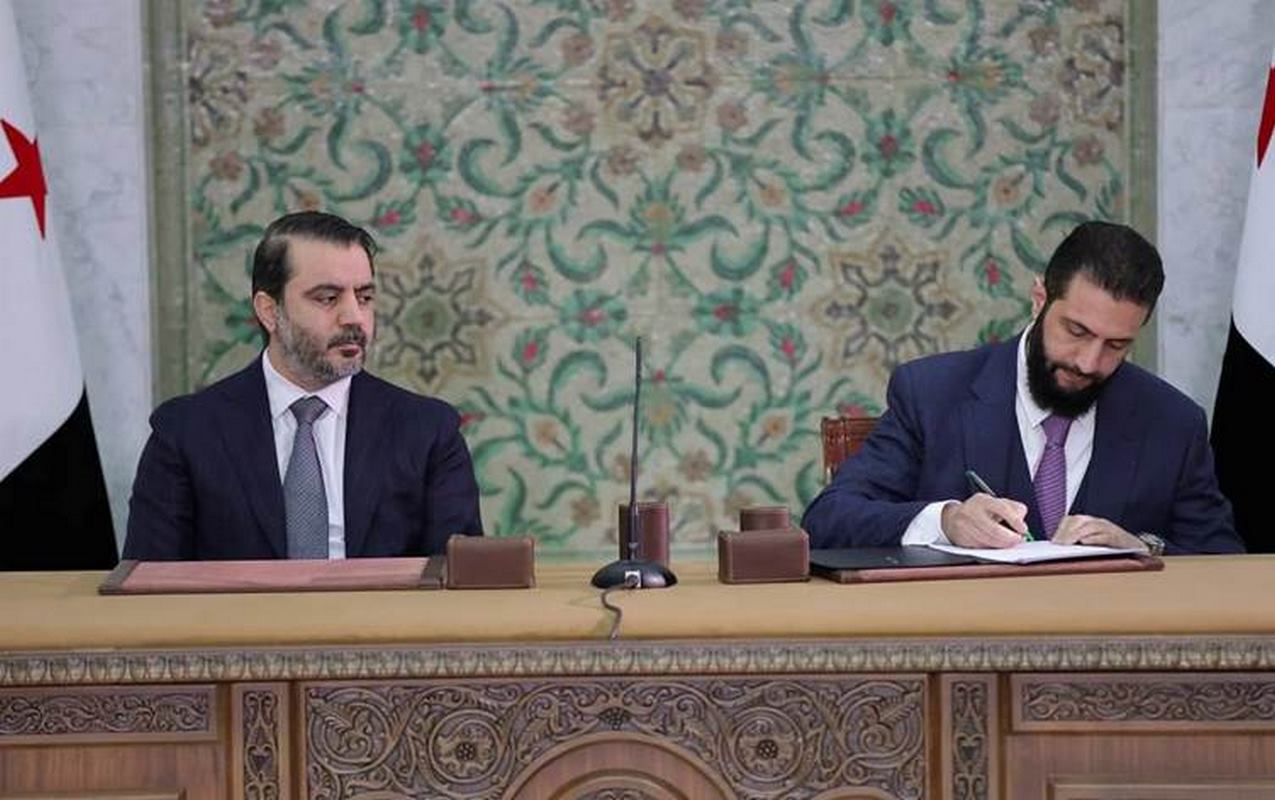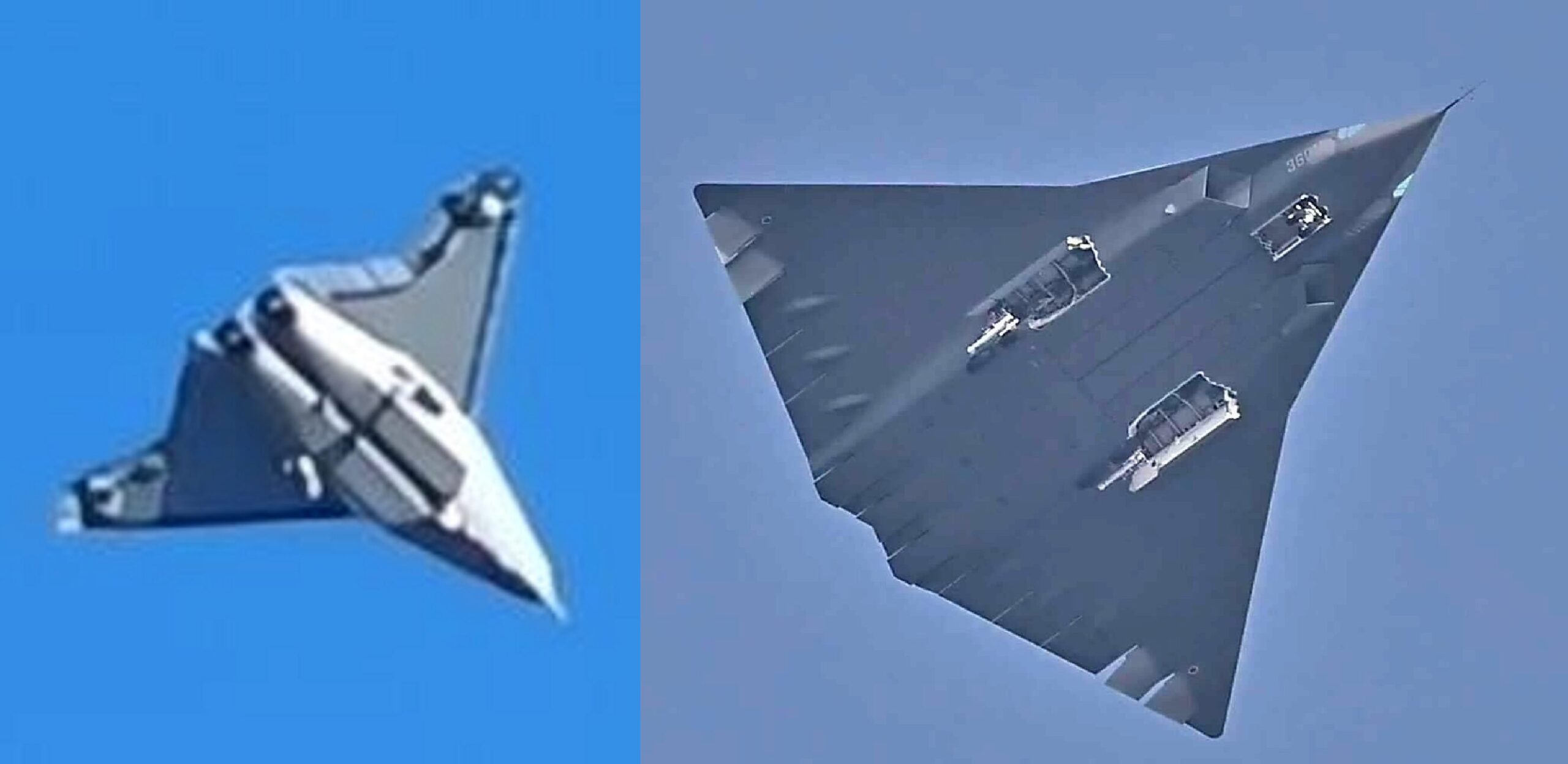PICTURED: Grace 1 anchored off port in Haifa, Israel, Aug 26th, 2017.
Gibraltar, August 18th, 2019. Earlier in July, British authorities off the coast of Gibraltar impounded Grace 1, an Iranian oil tanker, and arrested her captain under allegations that she was bound for Syria with 200,000 barrels of crude oil. Tehran denied the tanker was en route to Syria, which would have been a violation of international sanctions on the war-torn Near Eastern country, and Iranian President Hassan Rouhani promised “repercussions”.
Now in August, Gibraltar authorities cleared the tanker to return to the high seas on Thursday, and to take her 200,000 barrels of crude anywhere other than Syria. This happened days after the United States Department of Justice issued a legal challenge intended to try and keep the tanker, called Grace-1, detained long enough to attempt seizure of it.
Three days later, their bid dismissed and Grace-1 departing Gibraltar, the U.S. has made another legal challenge, this one in the form of a district court warrant allowing U.S. Marshals to take over the ship and her oil as an asset forfeiture.
Iran is sending a military escort to meet up with the tanker, now renamed the Adrian Darya, to prevent any attempts by the U.S. to seize the tanker.
According to Jason Ditz at Antiwar, it’s not clear if that has happened at this point, or indeed that the US Marshal service has any means to practically try to capture the tanker on its own just because courts said they could try.
The justification within the warrant is that the U.S. believes Grace-1 and her oil to have an ultimate destination of Syria, thereby violating both Syrian sanctions, and Iranian sanctions. The authorities at Gibraltar dismissed the U.S. bid because the EU has no sanctions placed upon the Iranian oil economy, and after receiving oaths that none of Grace-1’s oil was en route to Syrian shores, they were happy enough to release her.
Iranian Foreign Minister, Mohammad Javad Zarif tweeted that the U.S. bid of seizure was nothing more than an attempt to “abuse the legal system to steal our property on the high seas,” and that Trump’s disregard for international law was tantamount to “piracy”.
A Pirate’s Life For Me
The saber rattling stemming from the seizing of tankers started in July when Iranian Revolutionary Guards captured a British oil tanker after Gibraltar impounded Grace-1. Tehran believes such a seizure was in violation of the JCPOA (Iran Nuclear Treaty) which ensures European protection of Iran’s oil sector from U.S. economic attack.
Iran and the EU remain bound to the JCPOA, signed in 2015, even though the United States has withdrawn from it.
Abbas Araqchi, a senior member of the team who negotiated the JCPOA and a deputy foreign minister, said on Sunday that the seizure was a violation of this role in protecting the Iranian oil sector, according to Reuters.
“We witnessed the seizure of an oil tanker carrying Iranian oil in the Strait of Gibraltar which in our view is a violation of (the nuclear deal),” Araqchi said. “And the countries who are part of (the nuclear deal) shouldn’t create obstacles for the export of Iranian oil”.
However the British don’t feel they have violated the JCPOA, based on their assertion that the oil shipment first violated the EU Syria sanctions.
“As I said to the Iranians this weekend, the detention of the Grace 1 was a Gibraltar-led enforcement of EU Syria sanctions. Action had to be taken, and this was nothing to do with the oil being Iranian.” said Jeremy Hunt at a recent EU Foreign Affairs Council meeting.


